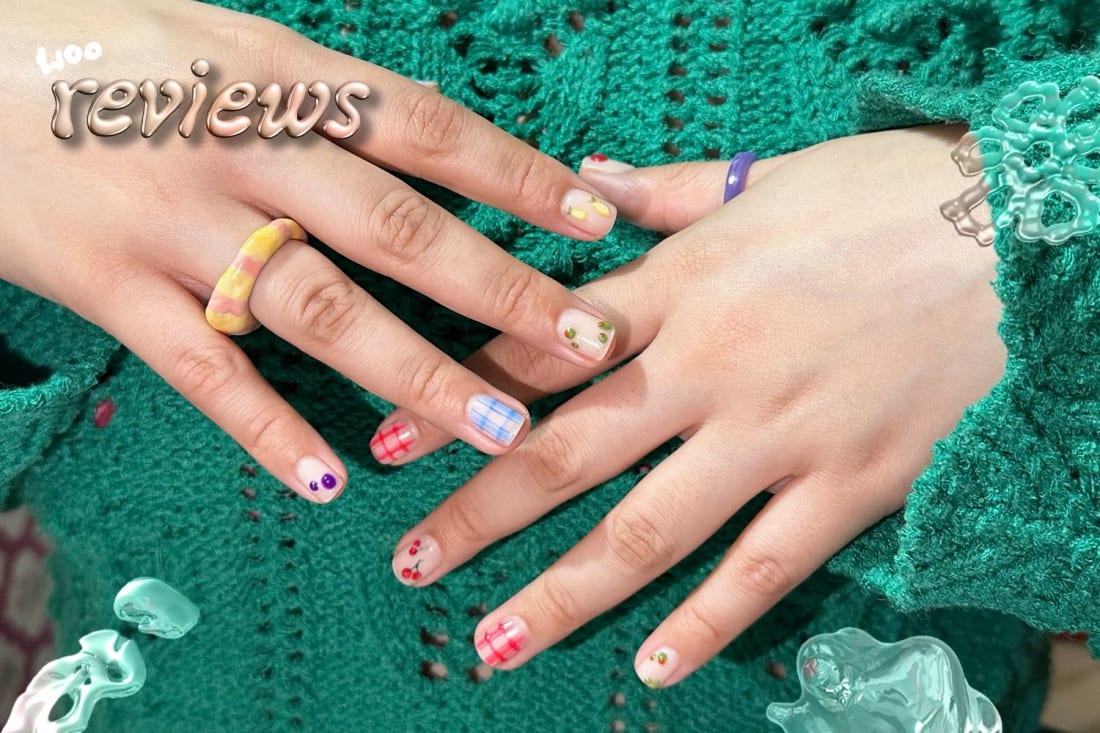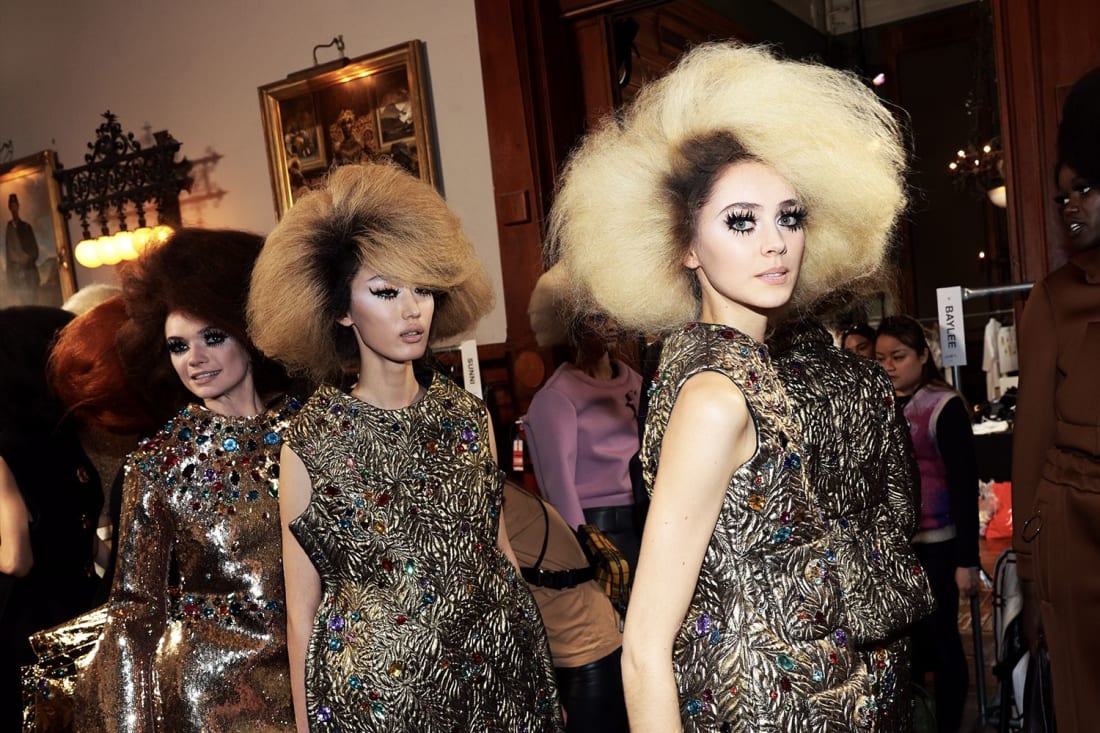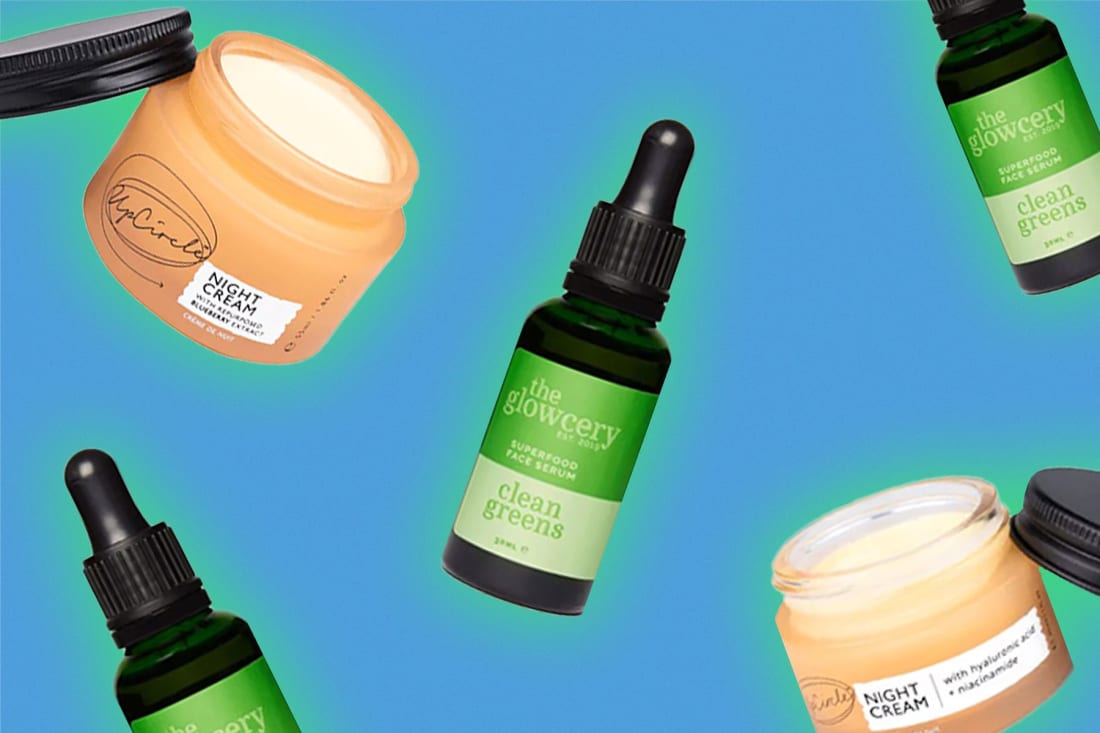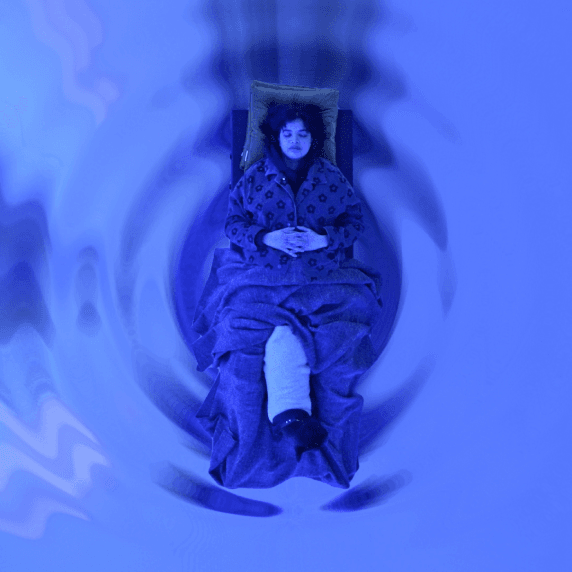woo reviews: acupuncture
Team woo tried five element acupuncture: here we share just about everything we've learned
Team woo tried five element acupuncture: here we share just about everything we've learned
Acupuncture is a technique deriving from traditional Chinese medicine. In ancient China, around 3,000 years ago people started reading pulses and pressure points in order to make us feel good. The first proper documentation of acupuncture is in The Yellow Emperor's Classic of Internal Medicine, which dates back to 100 BCE, but we suspect that what they were doing then had already been passed down for centuries.
What was acupuncture like in ancient China?
Generally back then it was felt that people’s yin and yang (a philosophical idea that everything is made of two forces) gets out of balance, and that this imbalance obstructs qi; pronounced “chee”, meaning life source. Qi is said to flow around our bodies, in 12 specific channels which are linked to certain organs in the body, and these obstructions mean it can’t do that very well, which leaves us feeling less than good. Acupuncture is used to realign the yin and yang, letting the qi pass through us freely. The word qi is also an officially recognised Scrabble word, you’re welcome.
Today, acupuncture is still related to the original practice. It is still about getting our life forces on track, but the uses have expanded from general well-being into a treatment for everything from dental pain, to menstrual cramps, to respiratory disorders, to anxiety and depression. At the moment, the National Institute for Health and Care Excellence (NICE) only recommends considering acupuncture as a treatment option for chronic (long-term) pain, chronic tension-type headaches, and migraines.
There's also no statutory regulation of acupuncture in England, and the NHS website recommends “checking the acupuncture practitioner is either a regulated healthcare professional such as a doctor, nurse or physiotherapist or a member of a national acupuncture organisation.”
How does acupuncture work?
To get technical, in modern western medical acupuncture (which is what is most commonly used in the UK today), acupuncture involves stimulating sensory nerves under the skin and/or in the muscles, which are in very specific places, hence needing a professional. These are called pressure points by acupuncturists.
Doing this makes the body produce substances, including pain-relieving (and happiness-providing) endorphins. But in a spiritual Qi sense it is also thought to restore balance in the body by realigning those currents we mentioned earlier. A course of acupuncture is said to provide long-lasting relief. Sessions tend to last up to half an hour. During the session, you'll usually be asked to sit or lie down and might have to remove some clothes so that certain pressure points can be reached. Some needles are just put in and out, others might be there for the duration of the season.
You can technically get acupuncture on the NHS, but it’s super limited and the majority of people go private. I visited Ross J Barr, a highly acclaimed acupuncturist who works with celebrities and high-flying professionals at his clinic on London’s Great Portland Street, to see.
At Ross J Barr it’s £100 per session, and Ross says it usually takes between one and six sessions for people to find positive change within themselves, but it is in theory, long-lasting change. He practises a form of acupuncture called five element acupuncture, so that’s what I had.
Ross' 5 top tips on clean sleeping
What is five element acupuncture?
Five element acupuncture borrows from part of ancient Chinese acupuncture that says our minds, bodies, and spirits are made up of the five elements: wood, fire, earth, metal and water. Keeping all five in harmony is the way to help us feel good, essentially. With Ross, this means doing plenty of speaking before the actual sticking needles in, to consider mindset and generally what people are looking to seek treatment for. This means the sessions are completely specific to the individual, speaking allows Ross to see which of the elements need rebalancing. The conversation pre-needles, also means the sessions are longer than half an hour.
Five element acupuncture: What it’s really like?
Well here, the room is very nice and relaxing. It smells great and peaceful ambient music is playing. It’s on the top floor, and a beautiful glass window forms part of the roof, loads of natural light coming in. Firstly, we sat on the chairs and had a chat.
In my case, I felt what I was looking for in life was to find a sense of calm. I’ve had a stressful few years trying to do well and be ambitious with my work, but personal circumstances have added to that stress. Recently, I have been having panic attacks, which were really bad, but had started to settle a week or so before I saw Ross.
A lot of our discussion was around my lifestyle. The conclusions were that I’d basically been running off adrenaline for the last few years, and those stressful events added to a general stress and basically tipped it over to a point where I needed help managing my anxiety, cortisol and more. I enjoyed the conversation, Ross is very easy to open up to, and often asked questions that made me feel understood, and comments that made my thoughts feel valid.
After speaking and figuring out what the acupuncture should focus on, we went over to the (super comfy) bed that I had to lay on. Ross put some of his self-developed calm patches on my temples. They’re a blend of herbs that are meant to evoke calming peaceful feelings and thoughts. Then, Ross did some Chinese pulse reading, which is done to see how organs are functioning. My liver was showing signs of being ‘overstimulated’, apparently. Our livers produce cortisol (the stress hormone), so this did make sense.
From there, we got onto the needles. I had to pull my socks down a little, then I had some needles put in my ankle, then my wrist, and one in the middle of my forehead. Ross often spoke of releasing heat from me, which I assume means I had a lot of fire. It can represent drive and creativity, both things I use a lot in my life. Burnout too, I imagine, which I am guilty of.
It can temporarily sting a little in some places while the needle was there, but in most cases I didn’t feel it at all. If you have a metal allergy, you might want to seek alternatives to acupuncture though, according to the NHS website.
Then I just had to lay there, doing nothing but lay there enjoying the peaceful music while having super-thin needles in me channelling my vibes. I started breathing deeply and mindfully, I’m not sure if it was because of the treatment or my good intentions to try and be peaceful, but it felt nice all the same.
The verdict
Immediately, during and after the session, I felt as if I had a bit of a weight off my shoulders. I’m not sure if this was due to the acupuncture or the speaking beforehand, but both are parts of the five element acupuncture Ross offers. I have generally felt a sense of calm since the session, I get stressed out more briefly, and manage to let the thoughts glide out of me easier. I’ve still not had a panic attack despite being busier, but there could be multiple contributing factors to that. These feelings might be enhanced with more sessions, Ross mentioned it can take anywhere between one and six sessions for the treatment to work its electro-magic. But yeah, it seemed to do something and, relative to how I was, I do feel good.



















